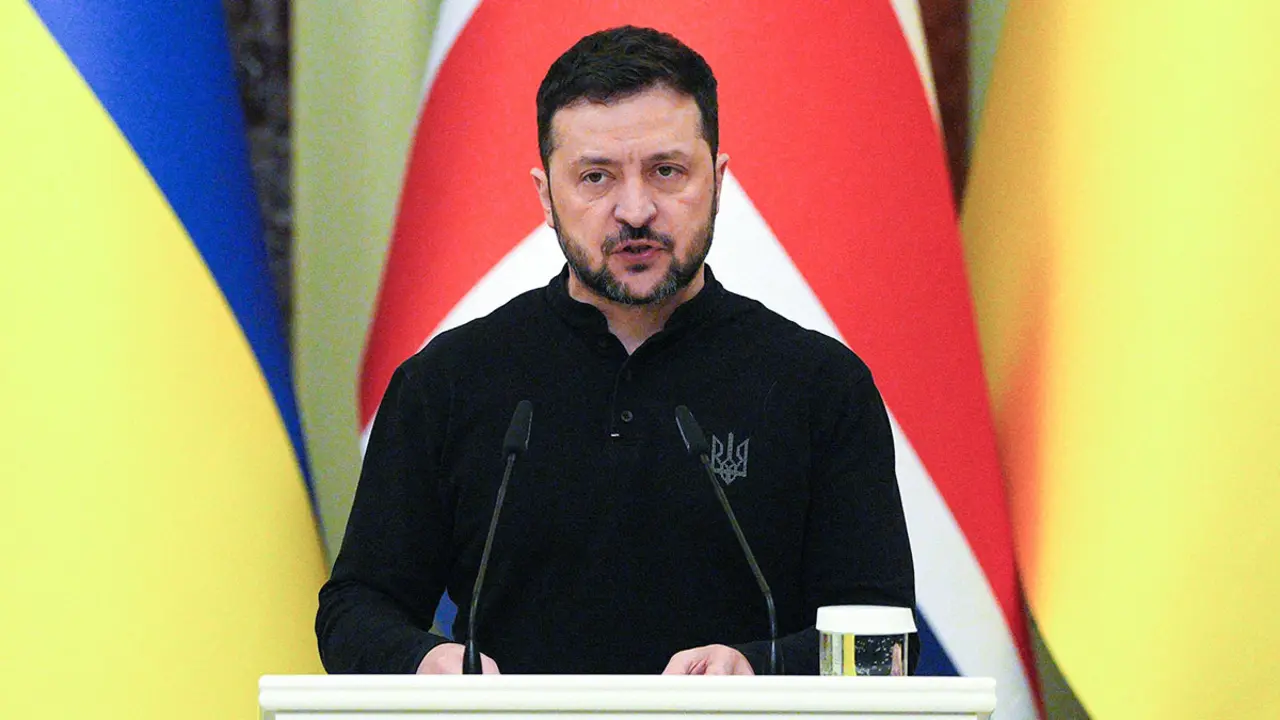The Gulf countries reaffirm their new stage of reconciliation

The Gulf states continue to reaffirm the new diplomatic phase they have been engaged in since the signing of the Al Ula agreement in January of this year.
The head of the Saudi Prince Mohammed bin Salman's office on Twitter has published an image of the Crown Prince accompanied by the current Emir of Qatar, Tamim bin Hamad, together with the National Security Advisor, Sheikh Tahnoun bin. The picture was reportedly taken during a meeting on the Red Sea coast.

This image reinforces the new diplomatic panorama in the region after the signing of the "Al Ula" pact, an agreement that put an end to the blockade with Qatar after three and a half years of blockade due to the differences that separated Qatar from its neighbours in the Gulf Cooperation Council, these being the Qatari country's support for the Muslim Brotherhood, an organisation considered a terrorist group by the United Arab Emirates.
In a major move, Arab TV decided to relocate its headquarters from London to Doha. For its part, Qatar has made its message clear that it wants to support "the path of appeasement and reconciliation", especially with Saudi Arabia. International observers believe that the media, one of the main reasons for the previous escalation of tension, can be a "supportive element for unimpeded reconciliation".

In this vein, the Satellite Owners Authority announced on Twitter that the move "was decided in consultation with TV and its executive management". They added that the decision was made after "a foundational establishment and rich experience in London as part of the channel's development process that has been ongoing for the past two years".
Following the latest US dispositions, the Gulf countries feel that they are not part of the mainstream US agenda, and this has been one of the main reasons why the countries of the region have decided to adopt a new diplomatic strategy of reconciliation.

The Biden administration, which has kept cooperation with the Gulf out of its priorities, has pushed the climate in the region to transmute towards reconciliation in a necessary new strategy. It calls for Gulf states to act as a unitary bloc, overcoming security challenges and conflicting regional and international interests.
In this vein, the Gulf faces a new reality that calls for rapprochement and moves away from differences, rivalries and bilateral blockades to evolve towards a strategy of "collective national security". For this reason, Qatar has begun to move away from the elements of tension that were jeopardising cordial relations, reflecting the success of "Al Ula".
A few days after Joe Biden was sworn in and took office as the new US president, Biden announced that he would suspend US support for the military intervention in Yemen, led by the coalition of the United Arab Emirates and Saudi Arabia.
Following this announcement, he said that arms contracts and Abu Dhabi's procurement of F35 and MQ9B Gardian aircraft would be halted. The withdrawal of these contracts was followed by the US cessation of the supply of Patriot missiles and the Terminal High Altitude Air Defence (THAAD) anti-missile system.
These decisions began to further cool the Gulf states' distance and distrust of the United States. Thus, the latest moves have led Riyadh to change course in search of new cooperation partners in Eastern Europe.

Riyadh thus began to show interest in Russian S-400 anti-aircraft systems, which are more effective than the US Parriot systems that failed to repel a drone attack on a refinery in September 2019.
However, it should be remembered that Saudi Arabia's intention for such an arsenal was first made public in 2017, four years before the Trump administration. Despite this, fear of possible US sanctions meant that the deal never happened.

Even so, last August Saudi Arabia and Russia signed a confusing agreement that embodies the Kremlin's intention to enter into a new arms deal with Saudi Arabia, which could break the US-Saudi rift in this area. Regardless of this possible new direction, the Saudi authorities continue to reaffirm their relationship with the United States, describing their relationship with Washington as "strong, lasting and historic".
Despite this, Arabia's dissatisfaction with the US is more than evident due to, among other things, the widespread criticism that Biden has endorsed of Saudi Arabia's continued violation of human rights. The distancing from the US and its already demonstrated lack of interest in future cooperation has led the Gulf states, in addition to seeking new allies, to join forces in order to put behind them all the rifts that were alienating them and being exploited by the US.








